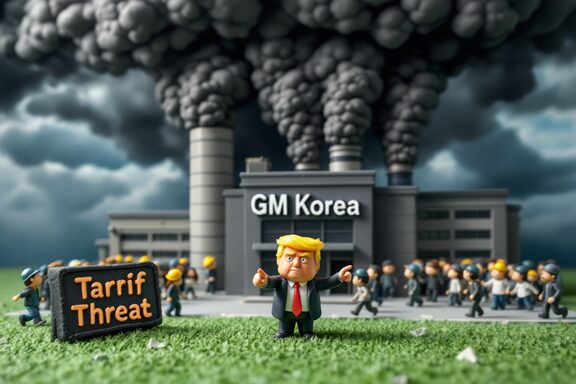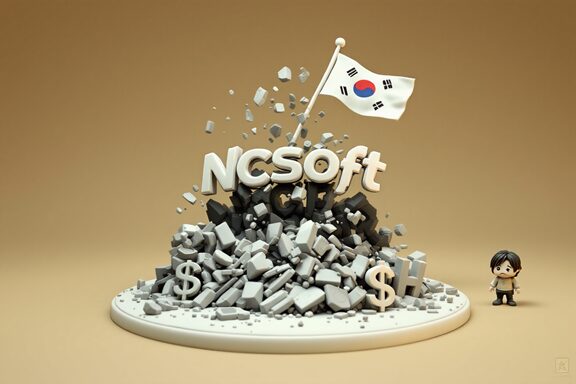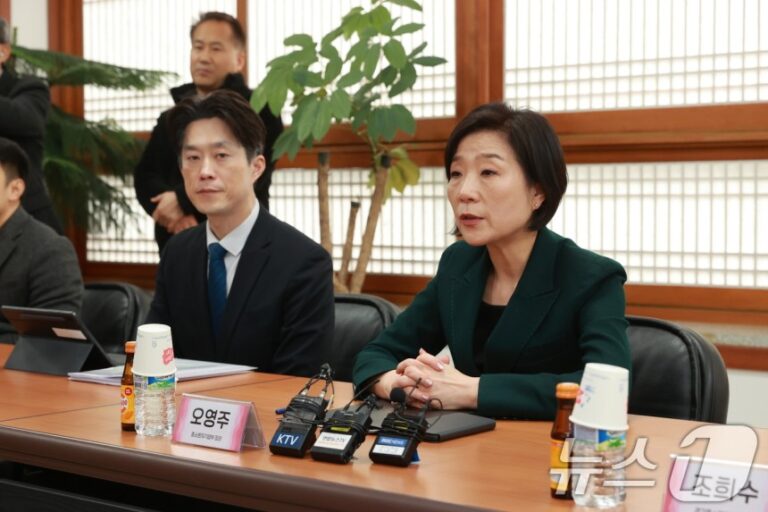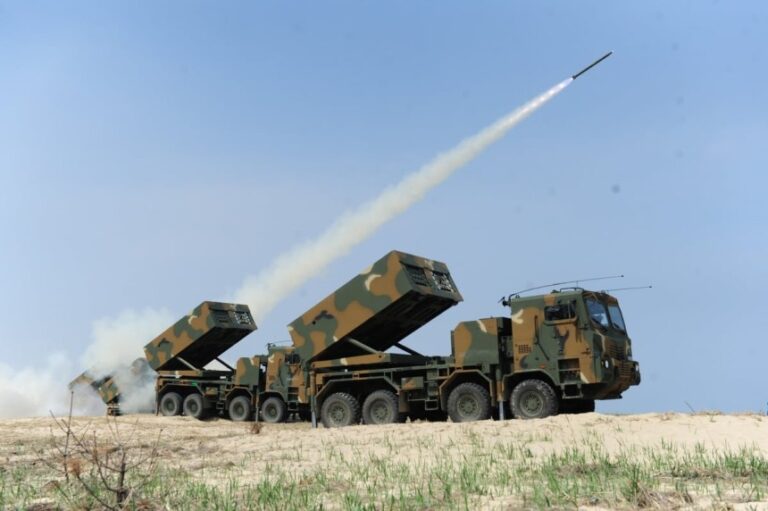Trump’s Tariff Threat Accelerates Employee Exodus at Korea GM
The ripple effects of President Trump’s protectionist trade policies are already being felt across global automotive supply chains, with Korea GM emerging as one of the first casualties. Recent reports from Digital Times reveal a troubling acceleration in employee departures from the Korean subsidiary of General Motors, signaling deeper structural challenges that could reshape the country’s automotive landscape.
What’s behind this exodus, and what might it mean for the future of automotive manufacturing in South Korea?
Workforce Hemorrhage Intensifies
Korea GM has experienced a significant decline in its workforce, with employee numbers dropping at an alarming rate compared to competitors.
- Employee count fell to 8,653 by the end of 2023, representing a decrease of 136 workers from the previous year
- This marks a concerning trend, with triple-digit employee departures occurring within a single year
- The company had maintained relatively stable employment figures between 2021 and 2022 before this accelerated decline
Competitor Renault Korea Surges Ahead
While Korea GM struggles with retention, its domestic rival Renault Korea is experiencing remarkable growth in both workforce and market position.
- Renault Korea increased its workforce by an impressive 650 employees, growing from 3,093 to 3,745 by the end of 2023
- This growth is attributed to strong domestic sales performance and positive market response to their future vehicle strategy, the “Aurora Project”
- The contrasting trajectories highlight the divergent strategies of the two automakers in responding to market challenges
Trump’s Tariff Policies Create Export Vulnerability
Korea GM’s heavy reliance on exports makes it particularly susceptible to President Trump’s aggressive tariff policies.
- Export revenue increased by 8.3% to 13.4153 trillion won in 2023, reflecting the company’s pivot toward international markets
- Domestic sales revenue plummeted by 28.7% to 961.8 billion won during the same period
- The Trump administration’s proposed 25% tariff on imported vehicles threatens to severely undermine Korea GM’s price competitiveness in its largest export market
Strategic Repositioning Amid Uncertainty
Despite mounting challenges, Korea GM denies rumors of a complete withdrawal from the Korean market and points to upcoming production plans.
- The company has communicated plans to its labor union for producing 21,000 new vehicles, including the Chevrolet Trailblazer, at its Bupyeong plant
- When confronted with withdrawal rumors, Korea GM stated that its policy is “not to respond to speculative rumors”
- The company has promised to share more information about its future product lineup in the coming weeks or months

The escalating employee departures at Korea GM represent more than just workforce statistics—they signal a potential restructuring of South Korea’s automotive industry in response to global trade tensions. As the effects of Trump’s tariff policies continue to unfold, the contrasting fortunes of Korea GM and Renault Korea could provide valuable insights into effective strategies for navigating protectionist trade environments.
Keywords
Korea GM, Trump tariffs, automotive industry, employee exodus
Hashtags
#KoreaGM #TrumpTariffs #AutoIndustry
한국어 요약
- 2023년 말 기준 한국GM 직원 수는 8,653명으로, 전년 대비 136명 감소했으며 이는 도널드 트럼프의 관세 정책 영향으로 가속화됨
- 반면 르노코리아는 같은 기간 650명의 직원을 증가시켜 3,745명에 달하며, ‘오로라 프로젝트’와 같은 신차 전략이 성공적으로 작용
- 한국GM의 수출 매출액은 13조4153억원으로 8.3% 증가했으나, 내수 매출은 9618억원으로 28.7% 감소해 관세 리스크에 더욱 취약해짐
- 한국GM은 철수설을 부인하며 부평공장에서 쉐보레 트레일블레이저 등 신차 2만1000대 생산 계획을 발표함






